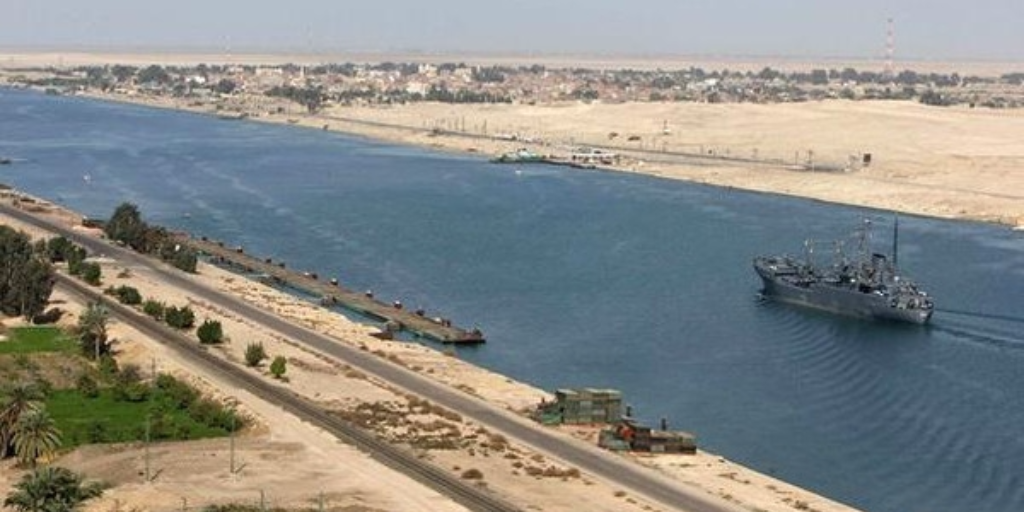Revenues from Egypt’s Suez Canal declined 7 percent year-on-year during the month of October to reach USD 418.1 million, according to the latest data from the state’s information website.
October’s revenues are also less than the revenues the Canal registered during August by USD 29.5 million.
The Suez Canal is traditionally one of Egypt’s main sources of foreign currency, which has been in short supply during the past few years.
Earlier this year, claims began circulating that ships are shifting their routes from the Suez Canal to the Cape of Good Hope at the southern tip of Africa due to the global fall in oil prices.
Chairman and Managing Director of the Suez Canal Authority Mohab Mamish rejected those allegations, declaring, “The Suez Canal is the main route for world trade, and no other alternative can take its place in the field of maritime transport.”
The much-anticipated expansion of the Suez Canal promised by President Abdel Fattah Al-Sisi in 2014, was inaugurated a year later in a lavish ceremony attended by leaders from around the world and high-profile figures from Egyptian society.
While the Egyptian leader proclaimed that the new Canal would more than double annual revenues by 2023, experts have been more pessimistic, pointing to a decline in global trade, which would lead to declining demand for shipping through the Canal. To achieve the 2023 goal, shipping would have to increase by 9 percent per year, with no decline in traffic.
Analysts have noted that the building of the Suez Canal is as much an economic development project as it is a way for President Sisi to muster political support. The Suez Canal has, ever since President Gamal Abdel Nasser nationalized it in 1956, been a source of pride for Egyptians and a testament to Egypt’s independence from foreign control. One analyst said of the new Suez Canal project that “Sisi is taking a page directly out of Nasser’s playbook.”







Comments (0)